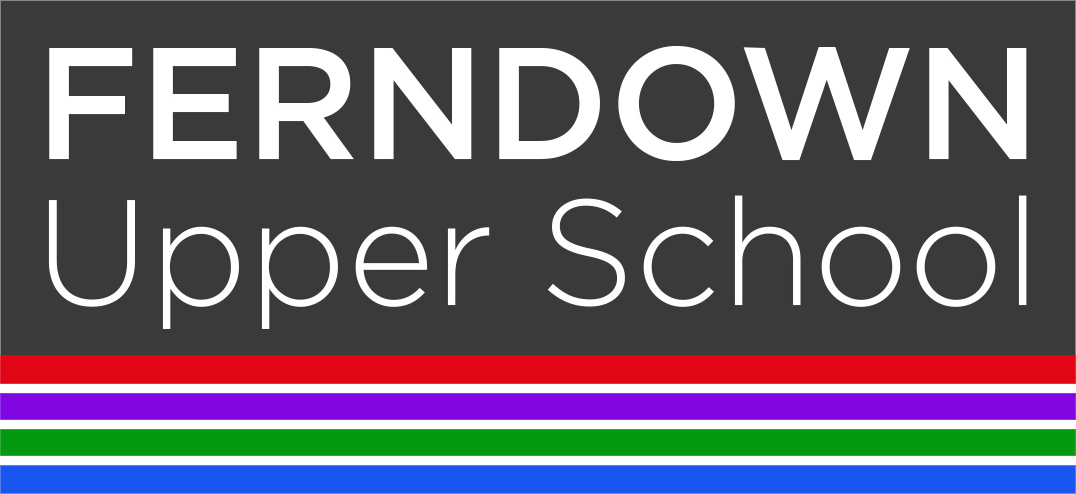Examining Board AQA
Reasons For Studying This Subject:
History is the study of events in the past, but it is far more the stories of the men and women who came before us, how they coped with success and victory, defeat and disaster. They were all ordinary people so they will have reacted in the same way we do but they lived in very different times, so history seeks to understand those times to help reveal those stories. This will include looking at their politics, societies, cultures, languages, health, art, education, money, conflicts and more, looking at how things have developed over time and connect the dots to understand how we travelled from their experience to where we are today.
In history we study lots of different sources and learn that events are often the result of complex and multiple factors. Politics, communication, beliefs, misunderstandings and even the environment can shape the way things turn out. Essentially, history helps us see the bigger picture in 3D.
History teachers ask two very important questions: why? and how? This is key to sharpening your critical thinking abilities, which combine analysis, research, essay writing and communication skills to help you to solve problems and form arguments for debate.
Did you know?
• Alcohol was banned in America during the 1920s. How did this cause more crime?
• Over 500.000 people protested in Washington in 1969 against the Vietnam War. Why?
• During Elizabeth I’s reign, many people were in poverty? How did Elizabeth deal with this?
• Why would people queue round the block to take their money out of the bank in 1932?
• Black Americans didn’t receive the right to vote until 1968. Why did it take this long?
• The Black Death killed nearly half of Europe’s population? How?
To find out the answers to these and lots more interesting questions…..
….. CHOOSE HISTORY AT GCSE
What You Will Be Studying:
Period Study – America 1920-1973 – Opportunity and Inequality
• American people and the economic boom 1920s
• American experiences of the depression and the New Deal 1930s
• Post-War American including popular culture and civil rights
Worldwide Depth Study – Conflict and Tension in Asia 1950-1975
• Causes, development and end of the Korean war
• Conflict in Vietnam – US involvement, reactions to the war, how and why did the conflict come to an end?
Thematic study – Health and Medicine c1000 – present day
• Medical progress made during the medieval period
• The impact of the renaissance period on medicine
• A medical revolution in the 19th century
• The impact of war and technology on surgery during the 20th century
British depth study – Elizabethan England 1660-1685
• Elizabeth’s court and Parliament
• Life in Elizabethan times
• Troubles at home and abroad
• The historic environment of Elizabethan England – this will involve a visit to a specific site of relevance to the topic
How You Will Learn:
You will be encouraged to use primary sources such as newspapers, pictures, cartoons and videos showing contemporary news reels and film. You will be asked to take part in debates, discussions, role plays, active learning and decision making exercises. You should also be able to read and write clearly. It is also important to be able to organise information and present reasoned arguments.
How You Will Be Assessed:
Paper 1 : 2 hours 50% Understanding the modern world
Paper 2 : 2 hours 50% Shaping the nation
Contact: Mr. C. Martin – Head of Subject
Careers In History
As a history student, you will have gained skills highly valued by employers, such as analytical and critical reasoning, oral and written communication and research skills – studying history is a good launchpad for a wide range of careers, including law, the public sector, business management, finance and journalism to name a few. However, if you are passionate about history you may wish to explore careers opportunities in an area more directly related to History such as Conservation Officer, Museum Curator, Archaeologist or Archives Manager.
Labour Market Information – LMI
It is really useful to look at the labour market when considering a career related to history. Many sectors related to history are areas of growth in terms of employment opportunities. For example within the legal profession, the workforce is projected to grow by 5.7% over the period to 2027, creating 3,700 jobs. In the same period, 56.1% of the workforce is projected to retire, creating 36,000 job openings.
The LMI for All portal provides high quality, reliable LMI information – see link below: https://www.lmiforall.org.uk/
Pathways Example Post 16 Routes – Level 3 A Level
- A-Level History, Government and Politics, Law, Classical Studies
Pathways Example Post 16 – Apprenticeship Ideas
CULTURAL HERITAGE CONSERVATORS
- preserve cultural heritage objects or collections housed in archives, art galleries, libraries, museums, private collections, as well as historic and ancient sites.
ARCHAEOLOGICAL SPECIALISTS
- lead Archaeological Research and Investigation, which may comprise surveys, excavation, post-excavation analysis and scientific analysis.
LICENSED CONVEYANCERS
- are specialist property lawyers who deal with all legal matters relating to the transfer of ownership of land or property from a seller to a buyer.
MUSEUMS AND GALLERIES TECHNICIANS
- create exhibitions and displays, which may include mounts, showcases and labels for objects. These objects may be extremely valuable and often priceless.
LIBRARY, INFORMATION AND ARCHIVE SERVICES ASSISTANTS
- preserve the heritage of information records as well as arranging and cataloguing archives for discovery by users and collections management.

